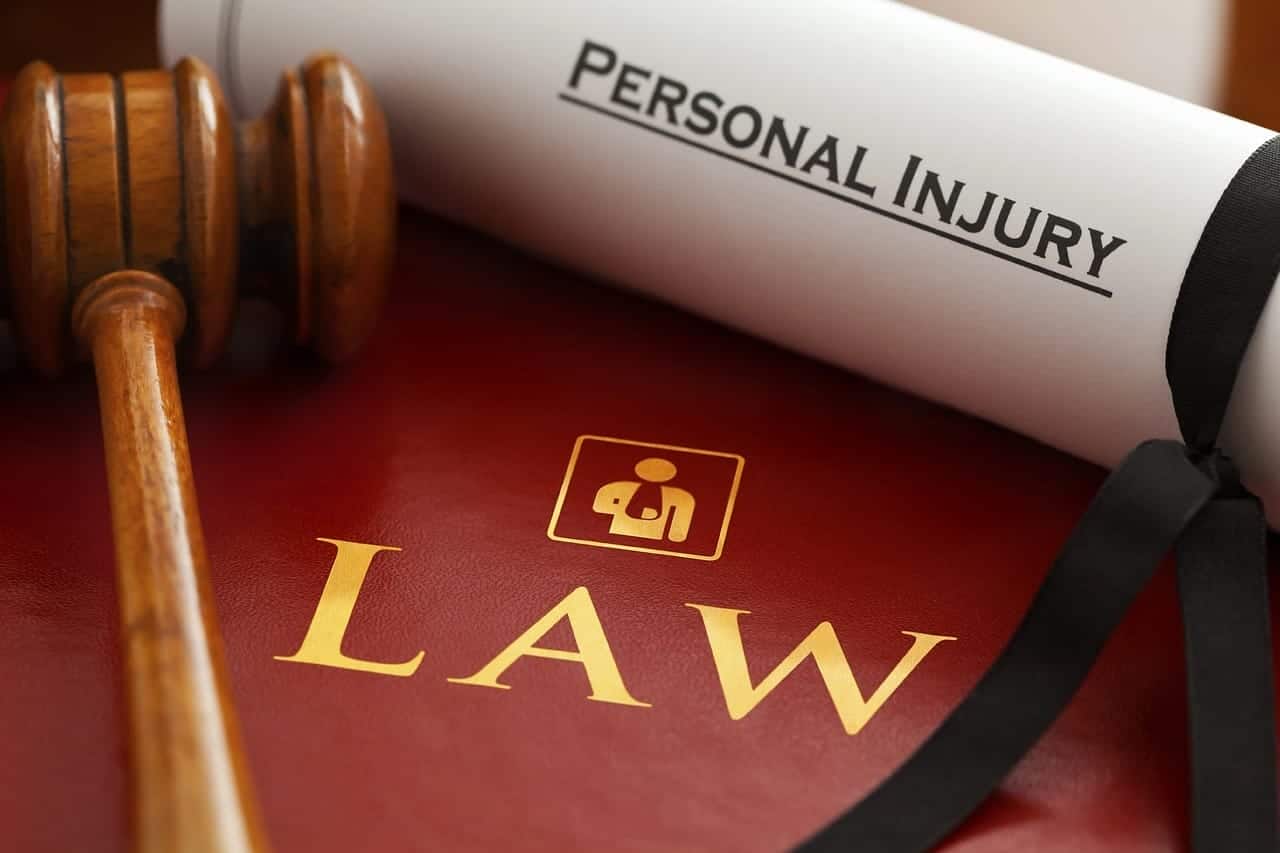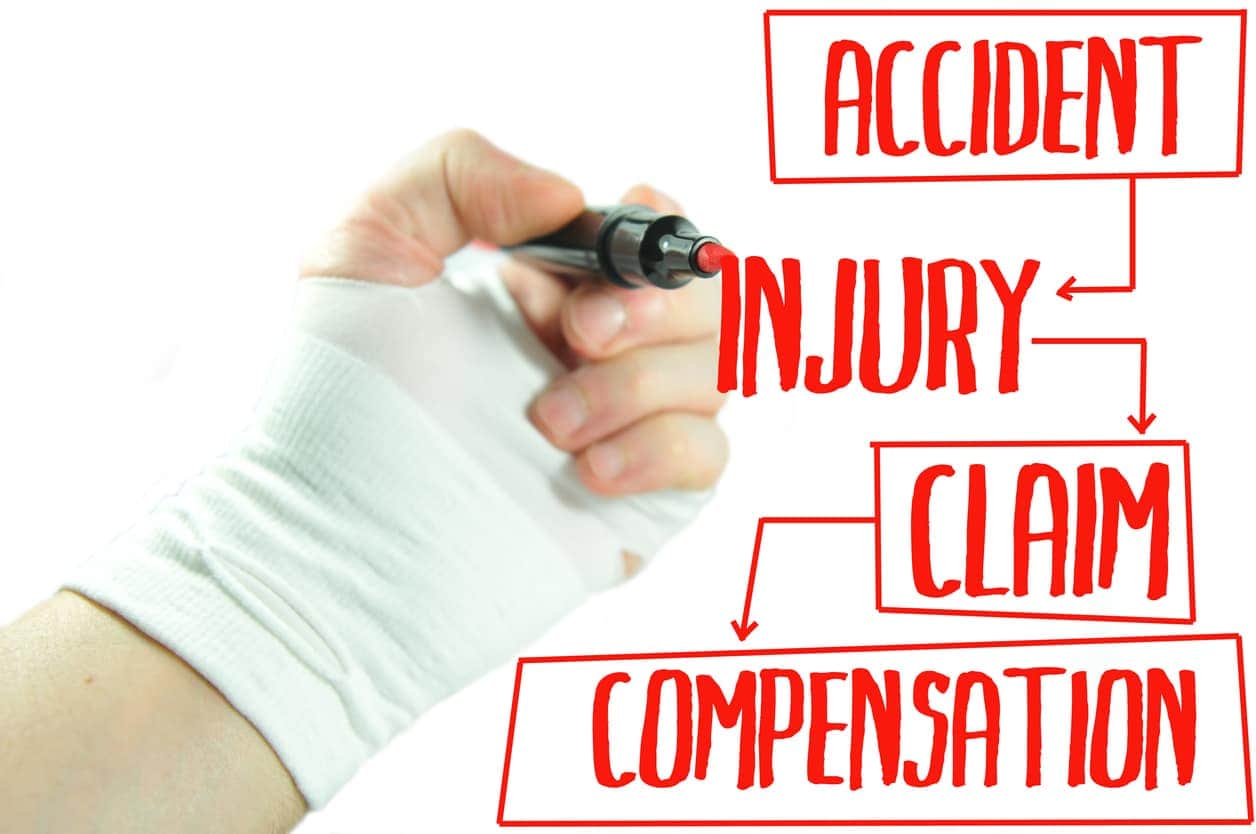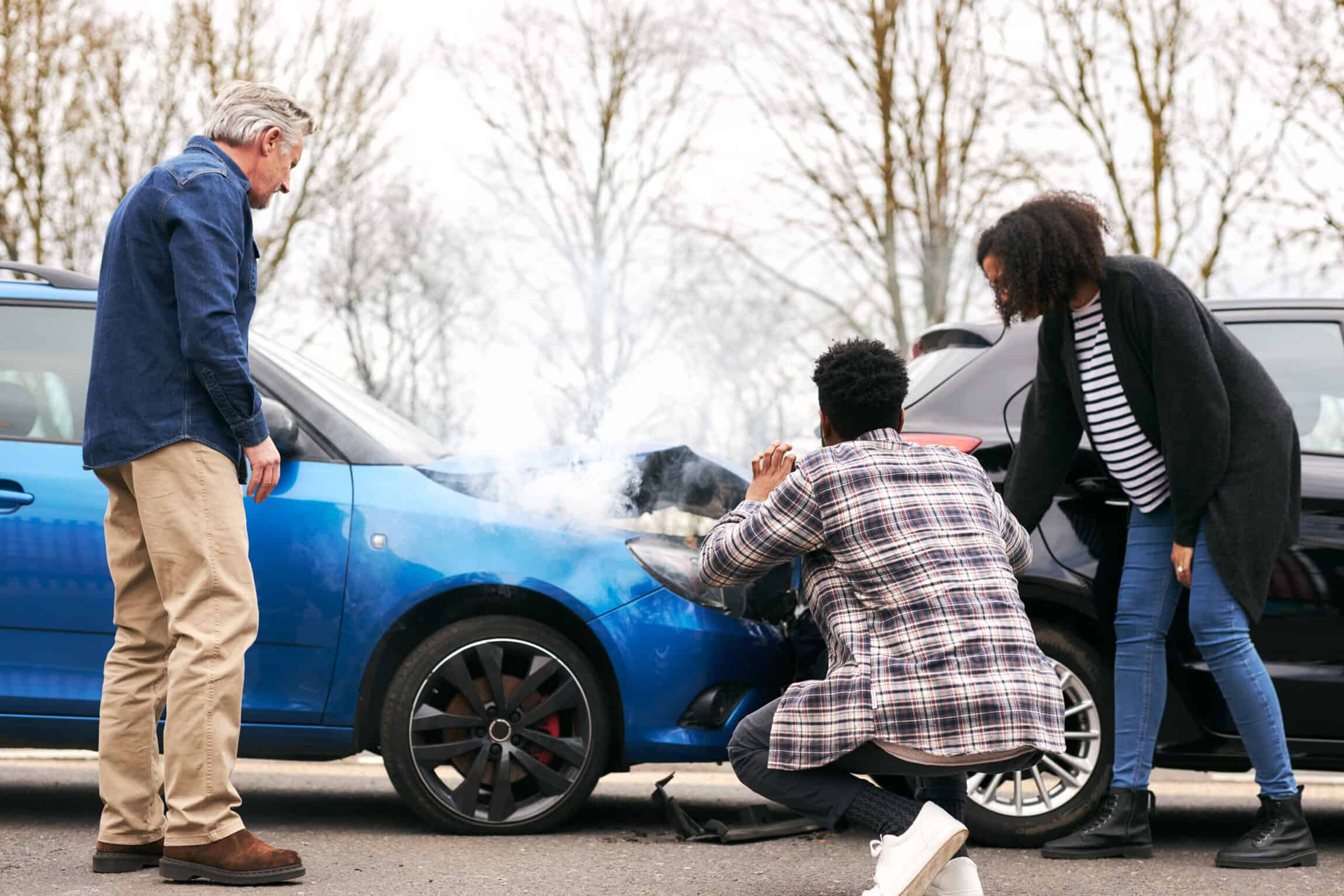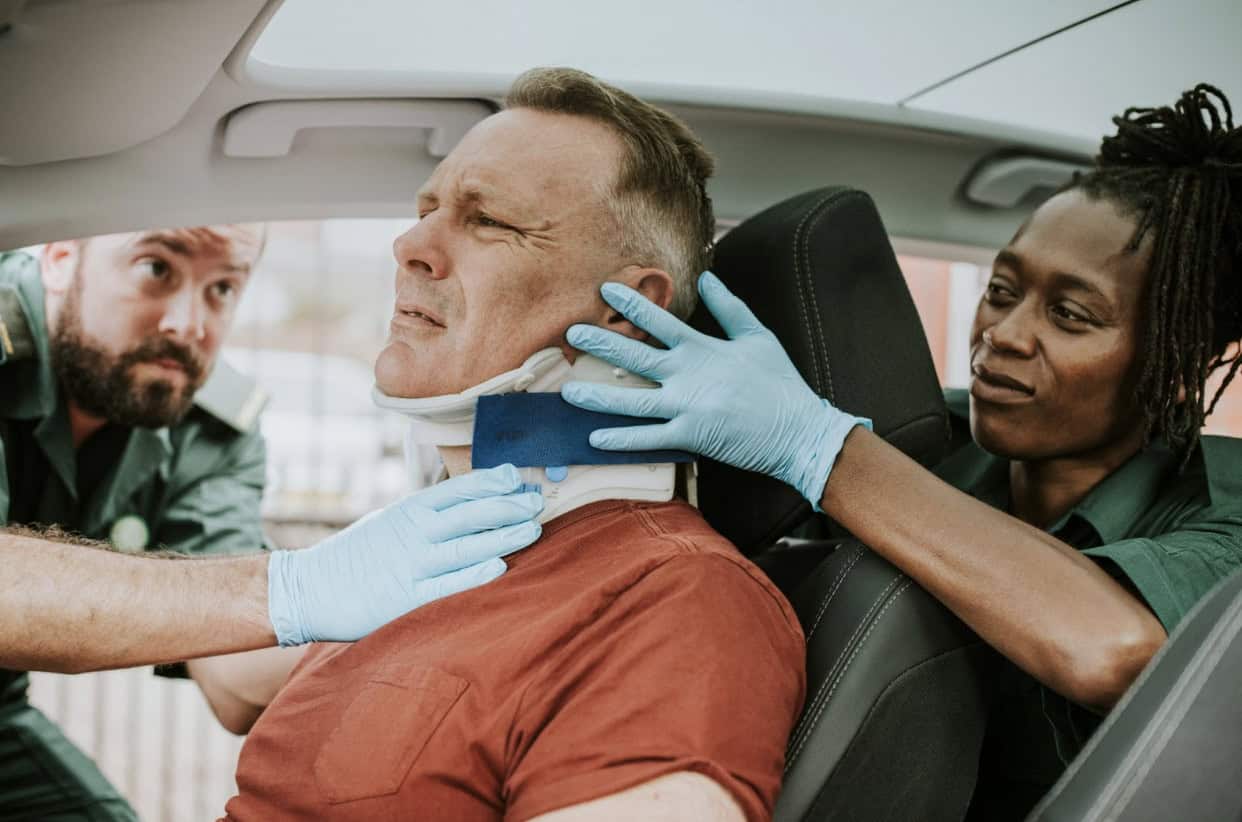When you have been the victim of a personal injury due to someone else’s negligence or wrongdoing, there is a strong possibility that your case will need to go through the legal system. Regardless of whether the injury occurred at work or on the road, a Renfro & Renfro personal injury lawyer can present your case and use their experience to help you gain the outcome you deserve.
Before your case progresses, though, it is important to familiarize yourself with some of the key personal injury terms.
10 Personal Injury Terms You May Encounter
1. Statute of Limitations
When you suffer a personal injury and want to take legal action against the responsible party, there is a time limit on how long you have to file a case in court. This is commonly referred to as the Statute of Limitations.
For personal injury claims in Virginia, the standard time limit set by State Legislation is two years.
2. Plaintiff (and Defendant)
A Plaintiff is a person who raises a legal case against another party. If you are the victim of a personal injury and wish to seek legal action, you are the plaintiff.
Conversely, the person or entity that you have accused of causing the injury is known as the Defendant.
3. Complaint
The initial document filed with the courts in relation to the cases is called the Complaint. This details the key aspects of the case, including the nature of the personal injury and why the case is raised against the defendant.
A complaint is needed to officially start legal matters with the courts and state the amount of damages you are seeking from the defendant.
4. Damages
When posting the complaint, plaintiffs also need to state what compensation they seek from the defendant. This is known as Damages and covers everything from lost earnings to medical bills, pain and suffering and mental anguish.
All damages translate to monetary compensation even those that do not have a definable value, like pain and suffering. Damages are further broken down into two categories: Special Damages (i.e., medical bills and lost wages) and General Damages (i.e., pain and suffering, mental anguish, humiliation, disfigurement, etc…).
5. Answer
The Answer is a document that is a direct response to the filed complaint. This gives the defendant an opportunity to address the allegations and present their side of the story. This could mean contesting the complaint or the compensation in question.
In Virginia, all defendants facing personal injury lawsuits have the right to file their answer to the initial complaint.
6. Causation
In a personal injury lawsuit, the defendant can only be found guilty if their negligence or wrongdoing was the reason a plaintiff got injured (or their loved one died). Causation is the legal term used to identify whether the defendant’s actions are responsible for the injury.
If a defendant’s actions are not linked to causation, the case will fall flat. So, determining causation is vital for any workers’ compensation, car accident or other injury case.
7. Burden of Proof
It is only worth filing a personal injury lawsuit in Virginia if you have a chance of winning the case. The Burden of Proof describes your duty to produce enough evidence to support the allegations and win the case.
In Virginia, a plaintiff must present a preponderance of evidence (meaning it is more likely than not), that the defendant was negligent. If the plaintiff can not prove their case to a preponderance of the evidence it will be dismissed by the court. As such, the Burden of Proof is one of the most vital terms for a plaintiff to know.
8. Negligence
In most cases, a personal injury lawyer will file a complaint that pertains to Negligence rather than intentional wrongdoing. After all, intentionally causing danger to a person’s well-being will often be treated as a criminal charge.
From a legal perspective, negligence is when the defendant violated their duty of care during an auto accident, maintaining their premises or other injury case. If you were injured at work in an accident that was the result of someone else’s negligence you may have both a workers’ compensation and personal injury claim you can pursue. However, the facts of your work injury will control if you can file both types of cases.
9. Contributory Negligence
Contributory Negligence is an allegation by the defendant that the plaintiff was at least in part responsible for the accident that occurred. This defense is often asserted in premises liability cases or other cases where an action or omission by the plaintiff could have contributed to the accident. If the plaintiff is even 1% negligent their case can be denied by a jury. Virginia is only one of a handful of states that still have this rule.
For example, in a trip and fall case, the defendants can argue that you saw, or should have seen, the object or condition that made you fall and you could have avoided the hazard. If the jury believes this is true your case could be denied. However, you should not be discouraged from pursuing a case. The defendants know this is an all-or-nothing defense and if the jury does not agree with their argument they will be responsible for all of your damages. Don’t let a denial by the insurance carrier stop you from filing a claim.
10. Settlement
Finally, a Settlement is when the two parties (plaintiff and defendant) agree to end the legal case with the defendant paying an amount of money that reflects the risk each party has in taking the case to trial. The higher the risk the defendants will lose, the higher the amount of the settlement that can be obtained. The opposite is also true, the higher the likelihood the plaintiff will not succeed at trial will result in a lower settlement amount. Settlements are typically confidential and cannot be shared with the general public.
For plaintiffs, settlements result in a quicker payout and a guaranteed result. If a case does not settle it is up to seven jurors who must all agree on a verdict. This can result in a lower verdict than expected if there is even one holdout in the jury who doesn’t think you should receive all the money you’re asking for. Settlement also saves plaintiffs from reliving the incident in court and incurring the costs of going to trial.
Work With An Experienced Personal Injury Lawyer in Richmond, Virginia
Understanding the key personal injury terms in your case is one thing, but it’s equally imperative to ensure that your case is presented well. Renfro & Renfro is an experienced personal injury law firm that works to the full extent of the legal system to support claimants in Richmond, VA, and the surrounding areas.
To schedule a free consultation about your personal injury case, contact us at
(804) 601-4433 today.






